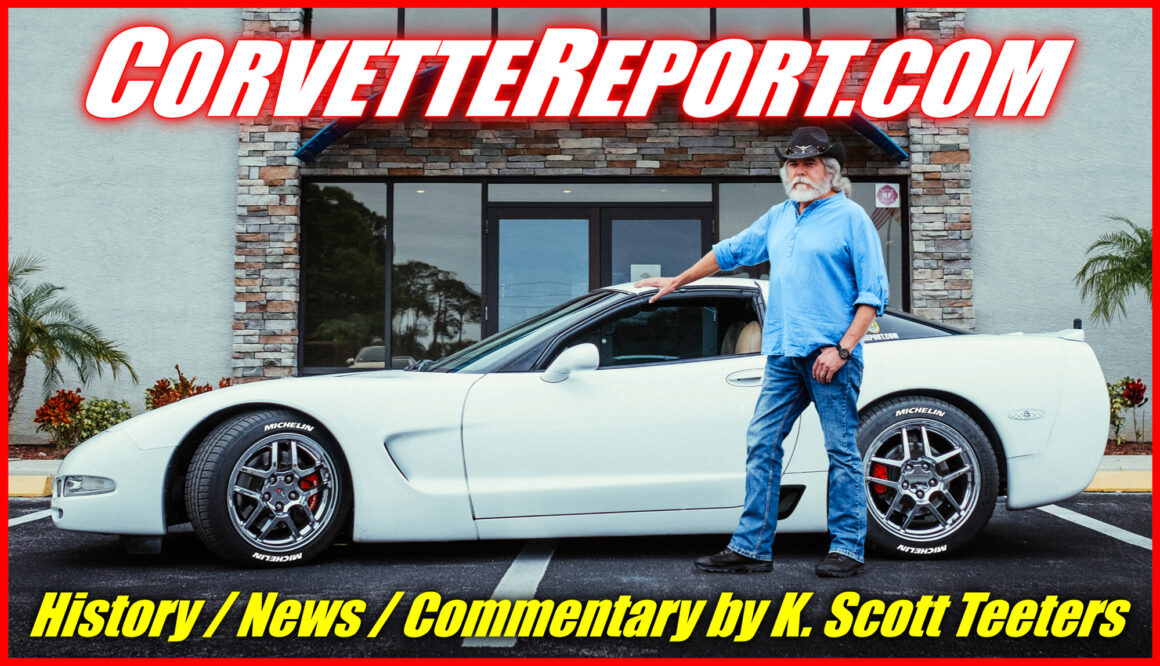
Beware of FAKE Corvettes at Auctions, Even Top Auction Outlets
by Steve Lehto as republished from Jalopnik.com
Dateline 8-7-15 From time to time, readers point out cases to me from other states on topics I have written about. And last week I got a doozy. The man who bought a fake “rare” Corvette and could not sue for fraud due to disclaimers made by the seller, Mecum Auctions.
In 2011, Isaac Pardo attended an auction in Illinois where he saw a very rare black 1967 Corvette. The car was offered with a certificate of authenticity. Pardo won the car by bidding $68,500. Before he even left the auction, someone pointed out to him that the car was really just a 1964 Corvette which had been reworked to look like a 1967. I am not a Corvette guy, so I can’t even begin to guess why any of that makes sense, but trust me: In the most general terms, some of this sounds like it might raise legal issues.
Pardo said he confronted the auctioneer about the problem with the car and that Mecum told him to take a hike – but he had to pay for the car first. So, Pardo paid for the car and waited. And waited. Five months later, Mecum shipped him the car and the title, after first apparently skipping the title through a couple other names in an attempt to shield themselves from liability. So, Pardoe’s title didn’t come from Mecum or the person who consigned the 1964/1967 Corvette. It came from “Billy Bob’s Fast Expensive Cars.” Seriously. You can’t make this stuff up.
Pardoe sued Mecum and went after a few other people — like the people who gave the Corvette the certificate of authenticity — and Mecum asked the court to throw the case out. Why? The documents Pardo had signed before the auction contained two primary elements. One was an As-Is disclaimer and the other was a statement that he was not “relying” on anything told to him by the auctioneer.
After explaining all of the above over eight pages, the Federal Court dismissed Pardo’s fraud and misrepresentation claims. It could not have been fraud when Pardo agreed that he was buying the vehicle as-is and was not relying on anything told to him by Mecum. This case has been the subject of a lot of Internet chatter, much of it focusing on the as-is without pointing out the non-reliance aspect of the court’s opinion. But the two parts are important. If the car had simply been sold as-is but without the reliance language, I believe the case would have turned out differently.
Even so, the court left portions of the lawsuit alive. And I could not find anything further on the case so it might still be working its way through the system on the remaining counts (rescission and breach of contract).
What is the takeaway here? Beware of buying things as-is (like I have said before) and also watch the other pesky disclaimers in the documents you sign. If you sign something that says you are not relying on anything told to you by the seller, plug your ears and ignore everything they tell you. Listening to them is just a waste of time and will not help you later in court.
When that cool 1967 Corvette you just bought turns out to be a counterfeit, Frankensteined from a 1964 Corvette, you might have no recourse but to live with it. Or, at least, much litigation in your future.
Steve Lehto has been practicing law for 23 years, almost exclusively in consumer protection and Michigan lemon law. He wrote The Lemon Law Bible and Chrysler’s Turbine Car: The Rise and Fall of Detroit’s Coolest Creation.
Editor’s Note: It’s too bad this story doesn’t have the auction’s details page, I’d like to see more photos of the car to get a better idea of how someone pointed out to the buyer AFTER the sale that the car was really a 1964 Corvette. There are indeed subtle differences. The side vents, front grille, side rockers, and hood are easy add on’s. Removing the b-pillar’s fake vents would be a bit of a challenge. Was the car missing the center backup light. The give-away could have been the car’s interior details. When you’re buying these kinds of cars, ya gotta know your stuff! – Scott
